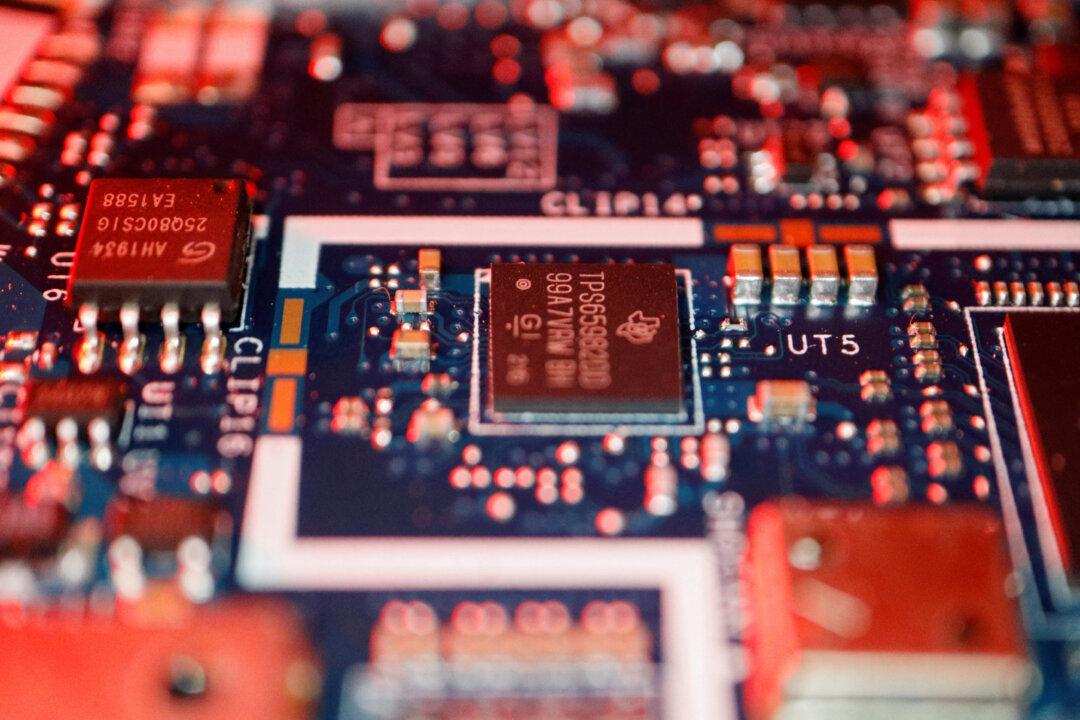Senate Minority Leader Chuck Schumer (D-N.Y.) on May 15 raised concerns that the United States’ new chip deals in the Middle East may allow the Chinese Communist Party (CCP) and its military to gain access to the very technology the United States has tried to restrict.
President Donald Trump announced several multi-billion-dollar deals during his trip to the Middle East from May 13 to May 16, which include plans to build out a major artificial intelligence (AI) campus in the United Arab Emirates. Major U.S. AI companies signed deals, including Qualcomm, Nvidia, AMD, and Google. The UAE has also agreed to build, invest in, or finance comparable data center projects in the United States.





